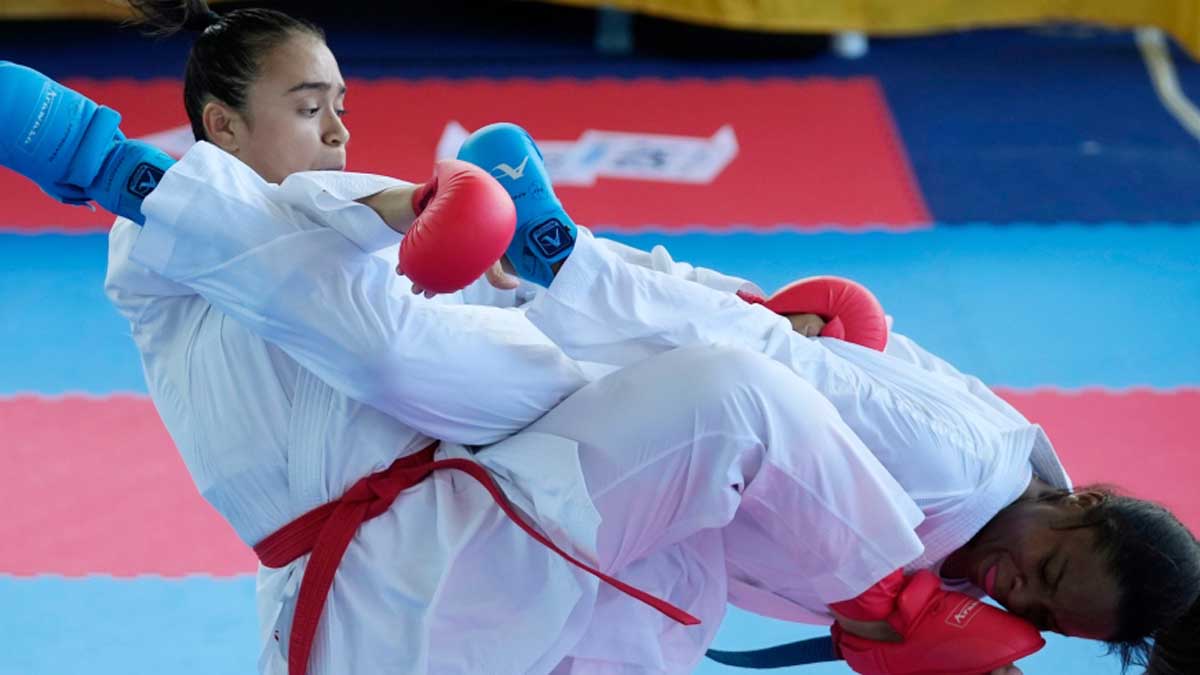
In a significant legal victory, renowned South African middle-distance runner Caster Semenya has won her court appeal against the regulations limiting testosterone levels in female athletes. The ruling, handed down today, marks a significant turning point in the long-standing dispute surrounding gender and eligibility in women’s sports.
The Court of Arbitration for Sport (CAS) had previously introduced regulations in 2018 that required certain female athletes with naturally high levels of testosterone to lower them through hormone-suppressing medication to be eligible to compete in track events ranging from 400 meters to one mile. The regulations primarily targeted Semenya, a two-time Olympic champion in the 800 meters.
Caster Semenya Wins Court Appeal Over Testosterone Limits
Caster Semenya Semenya, who has consistently challenged the testosterone regulations, appealed to the Swiss Federal Supreme Court after her previous appeals to the CAS and the Swiss Supreme Court were rejected. The Swiss Federal Supreme Court has now ruled in favor of Semenya, effectively suspending the testosterone limits and paving the way for her to compete without the need for hormone-suppressing medication.
The court’s decision was based on the argument that the regulations infringed upon Semenya’s personal rights and violated the principle of non-discrimination. The ruling acknowledged the discriminatory impact of the regulations on Semenya and athletes with similar biological conditions.
Caster Semenya’s case has sparked a broader debate on the complexities of determining eligibility and fairness in women’s sports. Supporters of the regulations argue that testosterone provides an unfair advantage to athletes with higher levels, particularly in events influenced by muscle mass, oxygen-carrying capacity, and other physical attributes. On the other hand, critics contend that such regulations are discriminatory and fail to consider the natural variations in hormone levels among athletes.
The decision by the Swiss Federal Supreme Court is expected to have far-reaching implications for other female athletes facing similar testosterone restrictions. It remains to be seen whether sports governing bodies will revise their policies regarding testosterone regulations or seek alternative means to ensure fair competition.
Caster Semenya, an icon in the sporting world, has been a symbol of resilience and determination in the face of adversity. Her legal victory not only marks a significant personal triumph but also serves as a catalyst for broader discussions on the delicate balance between inclusivity and fair competition in women’s sports.
The outcome of this case is likely to shape future regulations and policies in athletics and may prompt a reevaluation of the methods used to determine eligibility in women’s events. The spotlight now turns to sports authorities and governing bodies, who will need to navigate the complexities of biology, ethics, and equality to strike a balance that upholds the integrity of competition while respecting the rights of individual athletes.





